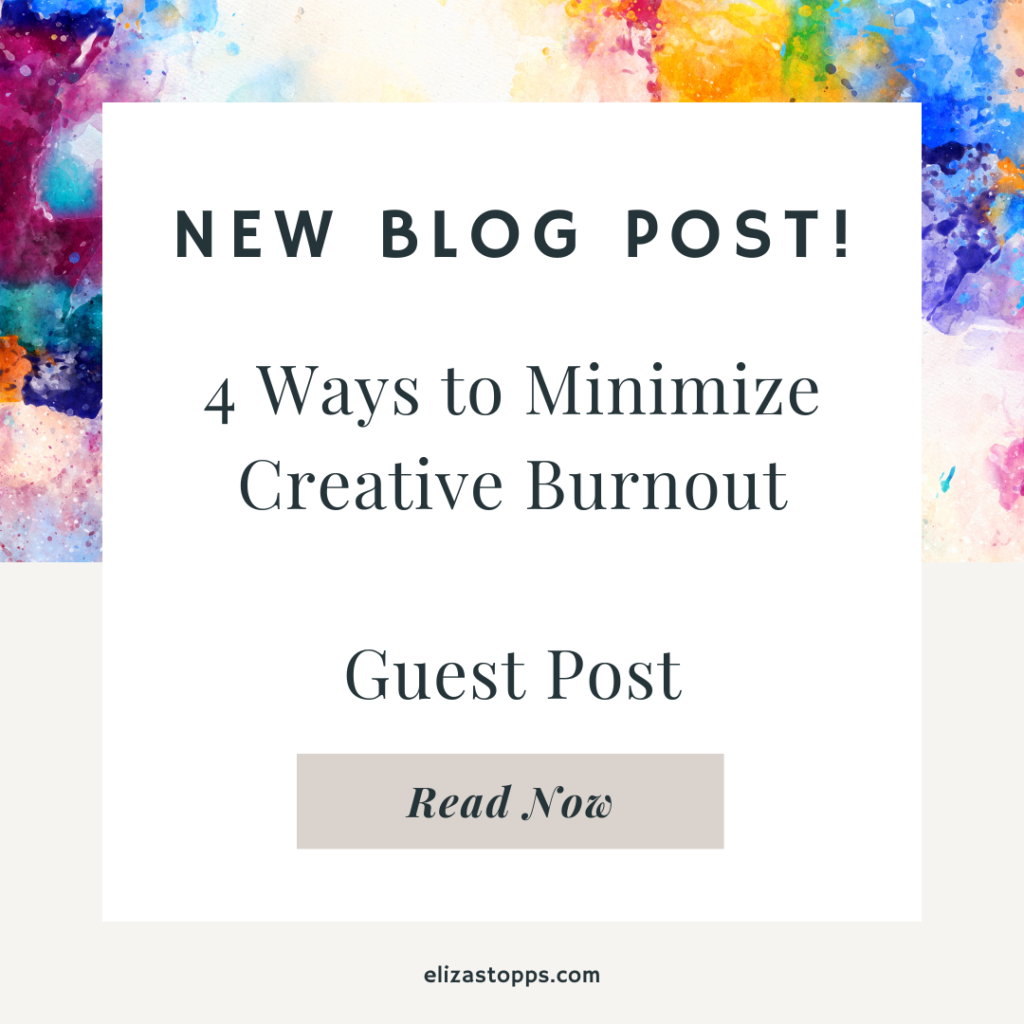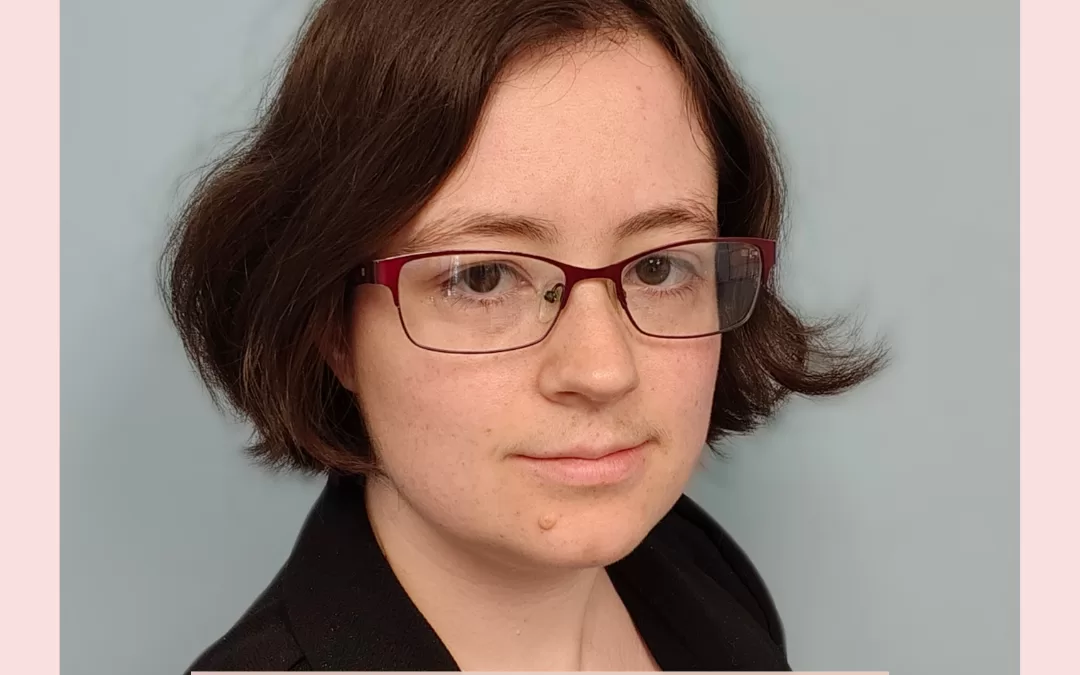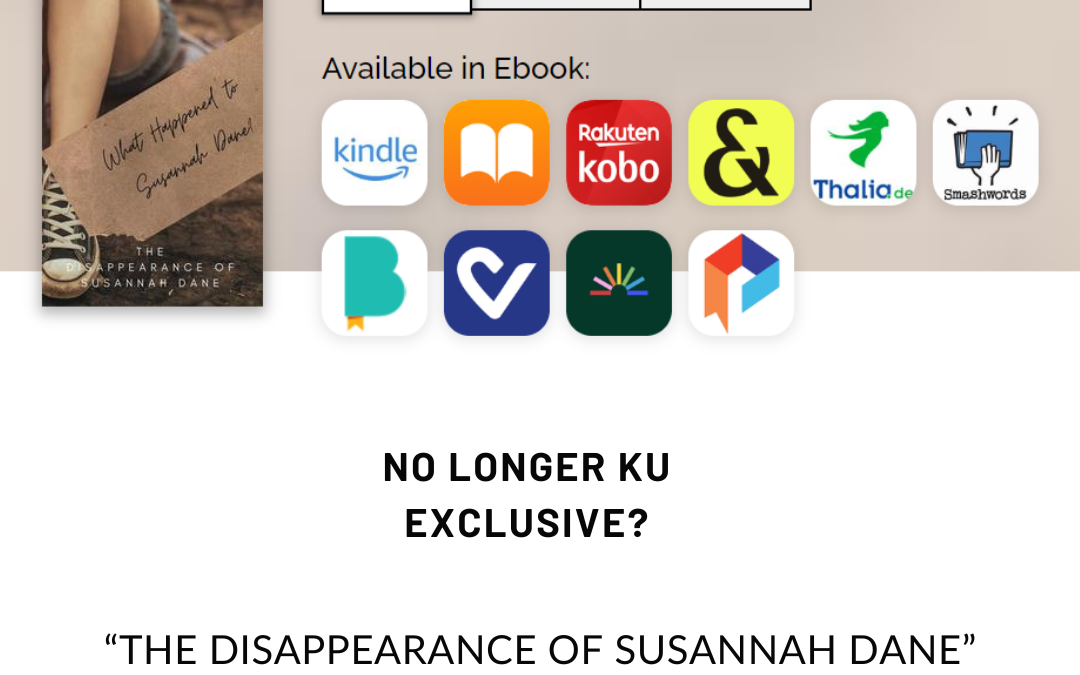Today, I am sharing a special guest post from my friend Glen from Creative Writing Wizard. Glen agreed to write up a guest post for the blog to help out with my 30 Days of Blogging challenge and I am so grateful. A huge thank you to Glen! I hope you will enjoy his 4 strategies to minimize creative burnout!
Eliza

4 Strategies to Minimize Creative Burnout
“If you feel burnout setting in, if you feel demoralized and exhausted… withdraw and restore yourself. The point is to have a long-term perspective.”
— Dalai Lama XIV
Do you struggle to stay with creative projects over a long period of time?
Do you have short periods of intense creativity followed by longer lulls?
If you’re anything like me, you’ve experienced creative burnout at some point in your creative journey. Here are some things I have found that have helped me. (Note, most of what I write here is primarily with a writer in mind, but a lot of these concepts are beneficial for any of the creative mediums like art, design, photography, etc)
A Time to Fill, a Time to Empty
I heard a quote recently that went something along the lines of, ‘as a creative, you will want to continually have output. but in order to maintain that output, you will need to take moments of input, and that’s okay’. In this context, ‘output’ is the application of our creativity in the medium of our choice (be it art, photography, or writing). We creatives are passionate about our medium and want to devote all our time to our crafts, and that is a good driving desire! The balance this quote talks about is that if we continually flow out from our creative selves, we’ll eventually tire or dry out. This is then counterbalanced by the times of ‘input’, where you find ways to ‘fill your creative tank’ by receiving from the world around us.
Another analogy I’ve heard recently is the concept of filling and emptying. When we do activities that encourage us, inspire us, or entertain us, we ‘fill’ ourselves and charge up our creative potential. While creating works of art, design, or writing is enjoyable, it is an outward flowing of energy. If you look in history, some of the greatest creative minds made time in their schedule to rest and experience the beauty of the world around them before getting back into their craft.
What fills you is something that’ll likely be different from person to person, but for me, some of the things that fill me are things like: watching cinematographic masterpieces and experiencing the awe that comes from a well-filmedwell filmed scene, or taking a walk through nature and opening my eyes to the beauty around me. Allowing myself to slow down and experience life around me fills me up so I can jump into writing completely filled!
Diminishing Returns
A concept that I continue to remind myself, is that more work doesn’t necessarily mean better work. The concept of ‘just keep grinding’ and it’ll get better. While yes, you will eventually reach an end, the path to get there becomes more difficult as you continue to push through.
A great example of this is writing sprints and how people have found them to be successful. One would think, if I just hunker down and write for 8 hours straight I’ll accomplish so much! When in reality, you’ll likely have a strong first hour or two, but by hours three and four you’ll start to drag. By the end of the 8 hours, you’ll likely be very drained and have progressed very little near the end. So what’s the trick? How are people successful at writing sprints?
The secret lies in the simple concept of taking a break! The most successful people I’ve heard of using this method can write thousands of words within a single day by following a pattern of 20 minutes of intense writing followed by 10 minutes of a break to rest your mind and do something else. But if I take 10 minutes of breaks every 20, that means that over 8 hours, I’ll have taken 2.5h of breaks in the day! That is true, but compare the two results. A person who muscles through 8 hours straight ends the day tired and worn down having accomplished some, but not as much as they’d hoped. But a person who uses breaks tactically, takes restful breaks, and periodically relaxes their mind, can achieve a larger output over time and a feeling of greater accomplishment (though likely still a bit tired!)
Running a Creative’s Marathon
While I have seen people find success in the occasional writer sprint, the more successful writers I’ve talked with and listened to tend to write over long periods of time. This is something that took me a bit to come to terms with, but the path to publishing, for example, is a long one. But don’t be discouraged! Just because the path is long doesn’t mean that it isn’t enjoyable or that you can’t find joy in the stages.
This is why it’s important to understand what you’re looking to accomplish (identifying your ‘why’, which I’ll write about in a future post), so you can set your long-term goals and understand the path ahead. There will be moments you want to quit, but don’t give up! Like running a marathon, use your ‘why’ to propel you forward. Sometimes you’ll make a good deal of progress looking far ahead, and other times you just have to focus on the next step forward.
Progress is Progress
The last strategy is a ‘progress is progress’ mindset. While it’s good to have goals (be it word count, page count, pages edited, etc), make sure you also celebrate the small wins too. If you set a goal of 1,000 words in a day but only write one sentence, flip the narrative from ‘I didn’t complete my goal’ to ‘I wrote words today!’. It can sound a little silly at times, but when you celebrate the small wins, along with the bigger goals, you’ll find that you’re celebrating and enjoying the small steps of progress. Every word, every page you edit, every rejection from another agent, every step is a step towards your goal.
I hope you find these strategies helpful, as I have.
How do you minimize creative burnout? What strategies have you found to work? Let me know in the comments.
Stay creative!
Read More from Glen at Creative Writing Wizard
And don’t forget to follow Glen on all the socials:
X/Twitter: https://twitter.com/GlenWWriting
Instagram: https://www.instagram.com/creativewritingwizard/
Facebook: https://www.facebook.com/CreativeWritingWizard/
Youtube: https://www.youtube.com/@CreativeWritingWizard
TikTok: https://www.tiktok.com/@creativewritingwizard
Thanks so much to Glen for writing this guest post on the blog today. I hope you will all go check out his blog, Creative Writing Wizard, for more helpful tips and interesting stories for writers and readers alike.





0 Comments